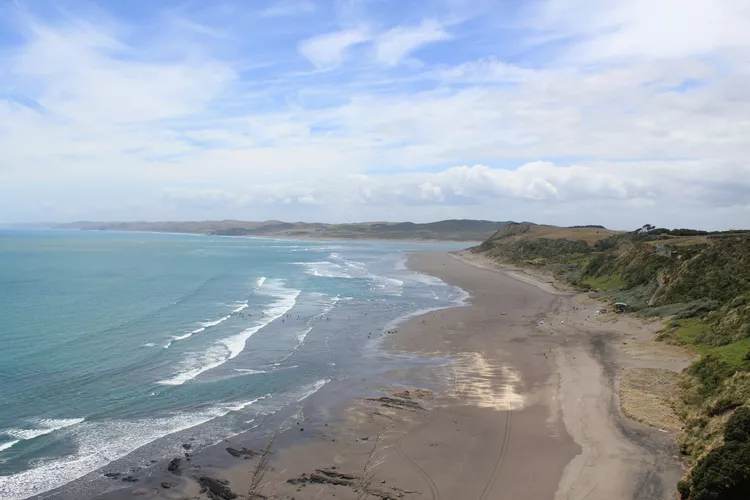Summary
New Zealand Weather in January
January is the heart of summer in New Zealand, typically featuring the highest average temperatures of the year.
- North Island: High of 77°F (25°C) / Low of 54°F (12°C)
- South Island: High of 72°F (22°C) / Low of 50°F (10°C)
The perception of warmth during January can be heightened by humidity. Rainy days often contribute to the moisture in the air, particularly in Northland, Auckland, and the Coromandel. Nevertheless, many splendid summer days invite locals and tourists alike to enjoy their favorite beaches.
While the South Island tends to be somewhat cooler, regions such as Queenstown, Christchurch, and portions of Canterbury may experience much higher temperatures, exceeding 90°F (35°C).
Furthermore, it is essential to take precautions against sun exposure. With some of the highest glare and ultraviolet radiation levels globally, having quality sunglasses and a robust sunscreen (SPF 30 or higher) is crucial.
What to Pack
New Zealand’s unpredictable climate can sometimes mean experiencing all four seasons in a single month—sometimes even within one day! Hence, an appropriate packing list is essential. Fortunately, summer usually brings mild conditions, making jeans and T-shirts suitable for the majority of your visit. It’s wise to pack layers for cooler nights and mornings. Key items to include are:
- Tank tops and T-shirts for layering
- Light sweaters or long-sleeve tops
- Jeans
- Non-denim pants like linen or cargo
- Shorts for beach days
- Socks for cozy evenings
- A swimsuit for enjoying the ocean!
January Events in New Zealand
January is bustling with activities and events. Most New Zealanders enjoy celebrating the arrival of the New Year at social gatherings. Public festivities are common across towns and cities, with the largest celebrations typically held in Auckland and Christchurch.
- Highland Games and Tartan in the Park, Waipu, Northland: A celebration showcasing all things Scottish on the North Shore.
- Tall Ships Regatta, Russell, Bay of Islands: Over 35 years old, this race includes three distinct tall ship events.
- Bay of Islands Sailing Week, Bay of Islands: The largest regatta in New Zealand, celebrated as one of the top yachting events in the Southern Hemisphere.
- Rhythm and Vines, Gisborne: An annual music festival occurring at the end of December at the Waiohika Estate vineyard, not far from Gisborne.
- Pinot Noir New Zealand Festival, Wellington: Celebrating this wine grape varietal, it quickly became one of the world’s most popular festivals, held at the end of January.
January Travel Tips
- As the peak of New Zealand’s summer, January is an ideal time for outdoor adventures. Locals and visitors extensively engage in various water activities like sailing, fishing, swimming, surfing, windsurfing, waterskiing, and diving.
- From Christmas Day to the end of January marks the summer break for most New Zealanders. Although friendly year-round, locals are particularly cheerful during their holidays.
- Many schools and numerous offices close for January, with most businesses reopening around mid-month. Consequently, holiday destinations can become quite crowded. If you prefer quieter travels, consider postponing your visit to February, where tranquility is more common, often accompanied by better weather.
- Finding accommodation may prove challenging, particularly during the New Year and the first half of the month. Advance planning is highly recommended.
- Expect busy tourist attractions throughout January. While not as overwhelming as European hotspots, major sites and activities will attract throngs of visitors. Booking in advance is also advisable wherever possible.
- During this high holiday season, be prepared for increased prices associated with travel, as everything becomes significantly more expensive in January.
For further insights on optimal travel timings, exploring resources about New Zealand’s weather can enhance your planning experience.





